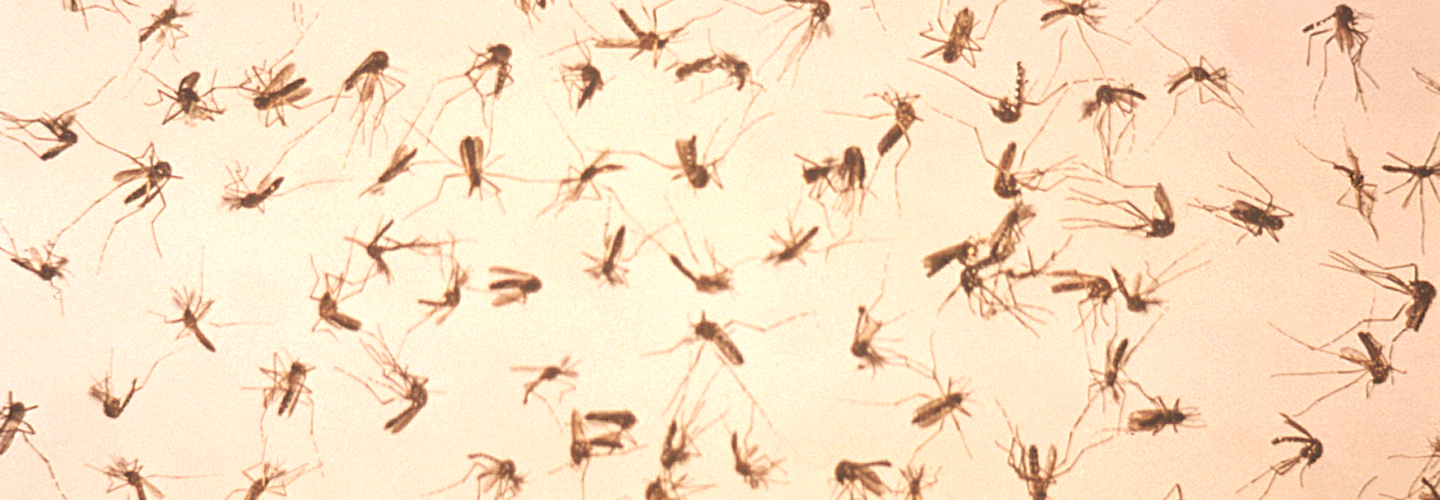A little more than half of U.S. adults (53 percent) favor having scientists release genetically modified mosquitoes to minimize the spread of the Zika virus, according to a new survey by the Annenberg Public Policy Center (APPC) of the University of Pennsylvania. Twenty-nine percent oppose it.
The Annenberg Science Knowledge (ASK) survey was conducted March 16-20, only days after the Food and Drug Administration tentatively approved a field trial in Key Haven, Fla., of genetically engineered (GE) or genetically modified (GM) mosquitoes. The genetically modified male Aedes aegypti mosquitoes are modified so that their larvae do not grow into adults.

The FDA issued a preliminary finding that there will be “no significant impact” to the environment from the GE mosquitoes (other than the intended reduction in the mosquito population), and opened a public comment period until April 13.
Nearly half of those (48 percent) in the survey sample said they would be very or somewhat likely to press a button to take them to the FDA website to comment, if it were possible. (To read and comment on the FDA assessment, click this link and go to “Comment Now!”)
In the ASK survey, the groups more likely to say they would comment on the FDA proposal included women; people who say they are concerned Zika will spread to their neighborhoods; those with reported annual household income of $40,000 or more, and those who say scientists have established that it is true that genetically modified mosquitoes could minimize the spread of the Zika virus.
The survey is the sixth in a series on Zika and its health, policy and behavioral implications. The phone survey was conducted for APPC by the research firm SSRS among 1,012 U.S. adults and has a margin of error of ±3.7 percent. The question on using GM mosquitoes to minimize the spread of Zika was asked of a randomly selected half-sample of 505 people and has a margin of error of ±5.2 percent.
The Zika virus has spread across Latin America. It is chiefly transmitted to humans by the Aedes mosquito, whose distribution extends to the southern and eastern United States and Hawaii.
For data from the survey and methodology, click here. To download this news release click here. For more about the prior surveys:
Nearly 2/3 of Americans Claim ‘Poor’ or ‘Fair’ Understanding of GMOs (March 18, 2016)
More than 4 in 10 Mistakenly Think Zika Is Fatal, Symptoms Are Noticeable (March 10, 2016)
Most Americans Would Likely Alter Travel Plans to Avoid Zika (March 3, 2016)
Zika Survey: Some Incorrectly Link Pesticide and Vaccines to Microcephaly (Feb. 25, 2016)
Half of Americans Concerned Zika Will Spread to Their Neighborhoods (Feb. 23, 2016)


